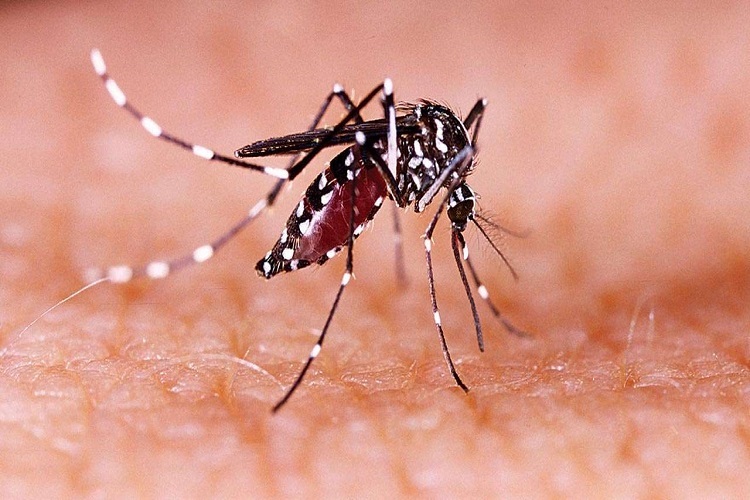Yesterday, Julie Gerberding M.D. MPH and former head of the Centers for Disease Control and Prevention, addressed Princeton University’s Woodrow Wilson School about the current state vector-borne disease control (e.g. Zika virus) and the likelihood of an outbreak. Her overarching message? “It is not if… it’s when.”
This statement was not a scare tactic, but rather a realistic summation of the current global environment we live in. Dr. Gerberding (the former head of the Centers for Disease Control and Prevention) believes that while the spread of viruses like Zika and Ebola can be controlled in the US, recent international outbreaks of these dangerous vector-borne diseases underline the importance of global awareness and action.
Vector-borne diseases are bacterial or viral diseases that can be spread from one host organism (human, rat, bat, etc.) to another via a vector (mosquito, tick, infected host, etc.). In many cases, the diseases have no effect on the health of infected host animals, but become detrimental once they are passed to human beings. As an example, the Zika virus appears to have originated in non-human primates (Africa) and later spread to humans via mosquitoes.
One especially poignant example of the need for better global action is that a Zika virus outbreak was reported in Africa as recently as the 2009. There is some dispute, but these reports may have also provided the first evidence of birth defects associated with the Zika virus, a correlation that was likely missed due to neglectful record keeping.
Diseases arising in Africa have often been easy for the Western world to ignore, but the spread of many of these virulent vector-borne pathogens to other continents is in many cases, only a matter of time. As the world continues to “shrink” through environmental encroachment, urbanization, increased travel, and consequential climate change, the probability of global outbreaks significantly increases – as witnessed with SARS in 2003.
Dr Gerberding’s supported the idea that global initiatives focusing on understanding emergence are the key to curbing a potential catastrophe. Unfortunately, these initiatives are still ill funded, there is a strong need for more scientific research and educational efforts. One potential source she pointed to was the One Health Initiative, a program that fosters collaboration between the distinct fields of infectious disease healthcare, veterinary medicine, and ecology. Another resource is the Health and Environment Linkages Initiative, which not only encourages programs to improve hygiene and control disease spread, but also pushes for better record keeping and data collection in disease prone regions.
A final message from the talk was that eradication of these vector organisms would be a no-win situation. Instead, she called for a push to increase scientific research which would contribute to a holistic understanding of the hosts, vectors, and ecosystems that harbor these diseases. And importantly, she mentioned that while we can learn a lot from the study of these vectors (rats, bats, mosquitoes) as host carriers, they may also serve as potential models for a cure or treatment since many of these animals harbor debilitating diseases without obvious health issues.
In closing, the need for preemptive intervention in the spread of these illnesses is paramount, and we should anticipate their escalation even when they don’t appear to be a direct threat to more developed nations. This message is one that we must take to heart; viruses and bacteria don’t care about national borders, we are all in this together.
Photo Credit CDC : Electron micrograph of Zika Virus (black spheres) infecting animal cells










